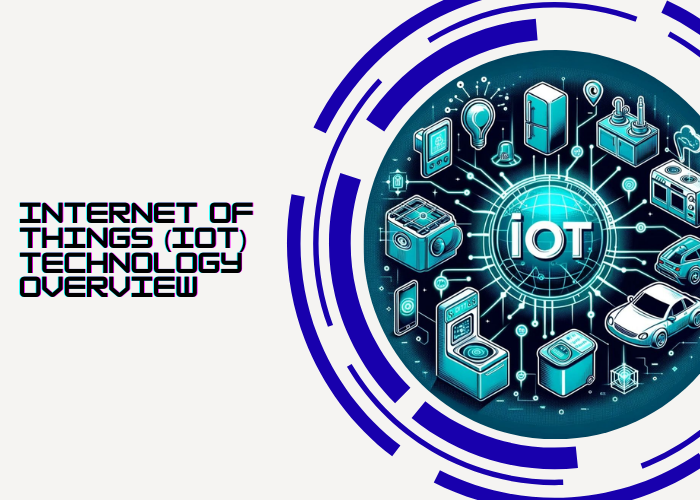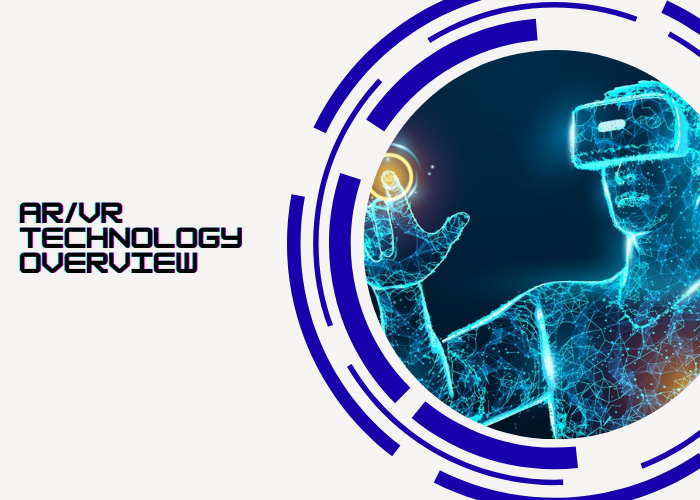Artificial Intelligence (AI) in Video Games: How It’s Transforming the Industry
Artificial intelligence (AI) is no longer just a futuristic concept — it has become a core tool across multiple industries, and video games are no exception. As developers seek more immersive and personalized experiences, AI emerges as the key technology to innovate and redefine how we play, create, and experience games.
In this article, we’ll take a deep dive into how AI is reshaping the gaming industry, its current applications, challenges, and the future ahead — with a focus on real insights, reliable data, and practical examples.
AI in Game Design and Development
Procedural World Generation
One of the most impactful uses of AI in video games is procedural generation of environments. This technique allows developers to automatically create vast, detailed worlds, significantly reducing both time and costs.
For example, No Man’s Sky uses AI algorithms to generate entire planets with unique ecosystems, giving players the ability to explore thousands of distinct worlds without requiring every detail to be manually crafted. Research from Game Developer shows that procedural generation can cut development time by up to 40% in large-scale projects.
Artificial Intelligence for Non-Playable Characters (NPCs)
AI is also revolutionizing interactions with NPCs, making them more realistic and adaptive. In the past, NPCs followed scripted behaviors; today, thanks to machine learning, they can learn from player actions, provide personalized challenges, and react in more human-like ways.
A notable example is The Last of Us Part II, where enemies and allies display adaptive behaviors, heightening immersion and complexity.
Performance Optimization and Automated Testing
AI-driven automation is increasingly used for game testing, detecting issues and optimizing performance without relying solely on human testers. AI algorithms can simulate millions of possible interactions, uncovering bugs that traditional testing might miss.
According to VentureBeat, this approach has already reduced testing times by 30% to 50% in AAA titles, speeding up development while improving overall quality.
Personalized Player Experience
AI enables developers to offer tailored recommendations based on user behavior, preferences, and play style. Platforms such as Steam and Epic Games Store leverage AI-driven algorithms to suggest games that enhance engagement and satisfaction.
For instance, a player who enjoys narrative-driven RPGs will receive recommendations aligned with their profile, increasing both acquisition and retention.
Dynamic Difficulty
Adaptive AI is also transforming difficulty levels in games. Instead of fixed difficulty modes, modern games can adjust challenges dynamically to match the player’s skills, balancing fun with challenge.
This approach improves user experience and reduces frustration, boosting player retention by up to 25%, according to data from Game Analytics.
Content Creation and Storytelling with AI
AI-Generated Narratives
AI can autonomously generate dialogues, quests, and complex narratives, offering unique experiences to each player. Tools like AI Dungeon use advanced language models to create interactive adventures where every player choice directly impacts the storyline.
Art and Visual Design
AI is also transforming art production by generating high-quality graphics and textures more efficiently. Deep learning algorithms can turn simple sketches into detailed images, streamlining workflows and accelerating content production.
AI in Competitive Gaming and Esports
AI algorithms are increasingly used in esports to analyze strategies and boost player performance. AI can identify patterns, anticipate opponents’ moves, and suggest tactics to maximize efficiency.
In professional competitions, AI also plays a crucial role in detecting cheating and fraudulent behavior, ensuring fair play and maintaining trust between teams, sponsors, and audiences.
Cost Reduction and Increased Efficiency
By integrating AI, studios can cut development costs, optimize human resources, and accelerate production cycles — positively impacting profitability, especially in large-scale projects.
AI also paves the way for new business models, such as on-demand personalized games, subscription services tailored to player profiles, and unique experiences that enhance monetization without sacrificing user satisfaction.
Challenges and Ethical Considerations
The use of AI requires massive data collection, making clear privacy policies and transparency essential. Companies must comply with regulations such as GDPR and local data protection laws to maintain user trust.
There’s also the risk of AI overshadowing human creativity if not used responsibly. Developers must balance artistic vision with AI tools to preserve authentic gaming experiences. Additionally, algorithms must be designed to avoid biases that could impact representation or cultural inclusivity.
The Future of AI in Gaming
Trends suggest AI will become integrated across all stages of the game lifecycle — from design and development to player experience and market analysis.
Potential innovations include:
- Fully autonomous NPCs with simulated emotions.
- Real-time story generation tailored to each player.
- More immersive VR and AR experiences powered by predictive AI.
- Real-time gameplay optimization and automated testing.
Conclusion
Artificial intelligence is transforming not only how games are developed and played but also business models, personalized experiences, and competitiveness in esports. Despite technical and ethical challenges, AI’s potential is immense — promising unique, interactive, and deeply immersive gaming experiences.
The gaming industry is on the brink of a revolution, and both developers and players who embrace these technologies will be best positioned to seize the opportunities ahead.



